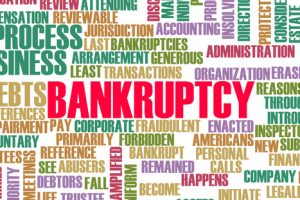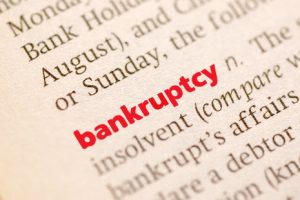Tag Archives: Bankruptcy exemptions

Maximizing Exemptions In An Indiana Bankruptcy
Many people believe that a consumer bankruptcy, like a Chapter 7 or Chapter 13, is a lot like a bankruptcy in the Monopoly board game. No matter how well you drive your racecar during the game, just one bad decision or unlucky roll of the dice can force the player into bankruptcy. The player… Read More »

Five Exempt Assets In An Illinois Bankruptcy
Even in so-called “liquidation” bankruptcies, debtors get to keep nearly all their assets, because they are immune from creditor seizure under the generous exemption laws in both Illinois and Indiana. That being said, bankruptcy only erases underlying debts, and it does not extinguish either voluntary or involuntary liens. So, if property is secured, debtors… Read More »

Valuing Assets In Bankruptcy Cases
Most bankruptcy exemptions in Illinois and Indiana are dollar-based as opposed to item-based. So, a certain amount of home equity is exempt as opposed to the houses themselves, and a certain amount of vehicle equity is exempt as opposed to the vehicles themselves. For the most part, these exemptions are quite generous and debtors… Read More »

Court-Ordered Liquidation Begins At ITT Tech
Two New York-based companies will oversee the sale of the college’s thirty owned properties and 111 leases in Indiana and thirty-eight other states. A&G Realty Partners LLC expects a “high level of interest in the properties” since they “are well-built buildings in excellent condition, with good ceiling height and above-average parking, which can be… Read More »

The Trustee Is Not…
Indiana and Illinois both have rather generous bankruptcy exemptions, so most debtors get to keep their homes and retirement accounts, even in a Chapter 7. However, ancillary assets like rental houses or second vehicles are sometimes more difficult to protect under either the standard or wildcard exemptions. Sadly, some people do not file necessary… Read More »


